Public health groups, doctors demands for hike in tobacco tax in Union Budget 2024-25
Addressing the Finance Ministry, these groups are specifically advocating for an increase in health taxes on items such as cigarettes, bidis, and smokeless tobacco, emphasizing the negative public health impact of these products.
)
In a collective effort, public health advocates, medical professionals, and economists are urging the government to raise excise duties on all tobacco products in the upcoming Union Budget 2024-25 as a means of generating additional revenue.
Addressing the Finance Ministry, these groups are specifically advocating for an increase in health taxes on items such as cigarettes, bidis, and smokeless tobacco, emphasizing the negative public health impact of these products. Citing a wealth of global research, experts assert that increasing excise taxes is among the most cost-effective public policy tools for regulating tobacco consumption.
Commonly known as sin tax, health taxes are widely employed by various countries to discourage tobacco use. Recent findings indicate that cigarettes, bidis, and smokeless tobacco have become more affordable over the past decade. While there has been a marginal uptick in National Calamity Contingent Duties (NCCD) on cigarettes, there hasn't been a substantial increase in tobacco taxes since the introduction of GST in July 2017, according to Dr. Rijo John, a health economist and adjunct professor at Rajagiri College of Social Sciences, Kochi.
Taking into account the current GST rate, compensation cess, NCCD, and Central Excise, the total tax burden as a percentage of the final retail price is approximately 49.3% for cigarettes, 22% for bidis, and 63% for smokeless tobacco, Dr. John highlighted. In contrast, the World Health Organization recommends a tax burden of at least 75% of the retail price for all tobacco products, indicating that the existing tax burden is considerably lower.
Dr. John underscored the necessity for the government to consider significant tax hikes on tobacco, beyond minor increments in NCCD. Failure to do so allows tobacco companies to independently raise prices, redirecting potential government revenue toward industry profits.
In light of the slow-moving pandemic of tobacco-related deaths claiming the lives of 1.3 million Indians annually, health experts are emphasizing the urgency of keeping tobacco products inaccessible to vulnerable populations. Dr. Pankaj Chaturvedi, a Head Neck Cancer Surgeon at Tata Memorial Hospital, stressed that nearly 50% of all cancers in India are attributable to tobacco use. Increasing taxes on tobacco, he argued, would curb affordability and consumption, proving beneficial for both users and the nation.
The Parliament Standing Committee on Health recently submitted a comprehensive report on Cancer Care Plan and Management, highlighting tobacco's prominent role in cancer-related deaths in India. Alarmed by these findings, the Committee recommended the government raise taxes on tobacco, directing additional revenue toward cancer prevention and awareness.
With India boasting the second-largest number of tobacco users globally (268 million), and 13 lakhs succumbing to tobacco-related diseases annually, experts emphasize the critical need for decisive action to address this public health crisis.
With inputs from PTI
Get Latest Business News, Stock Market Updates and Videos; Check your tax outgo through Income Tax Calculator and save money through our Personal Finance coverage. Check Business Breaking News Live on Zee Business Twitter and Facebook. Subscribe on YouTube.
RECOMMENDED STORIES
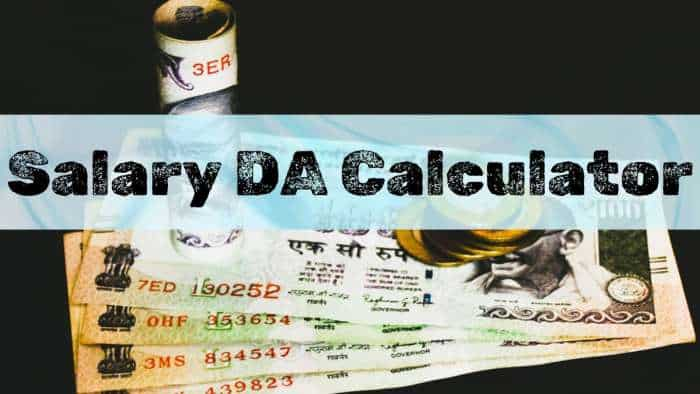
Dearness Allowance (DA) Calculations: Is your basic monthly salary Rs 25,500, Rs 35,400, or Rs 53,100? Know how much DA will you get at different rates
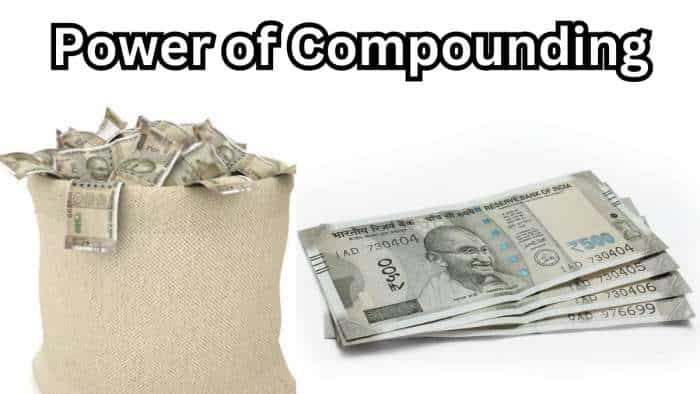
Power of Compounding: How long it will take to build Rs 8 crore corpus with Rs 7,000, Rs 11,000 and Rs 16,000 monthly investments
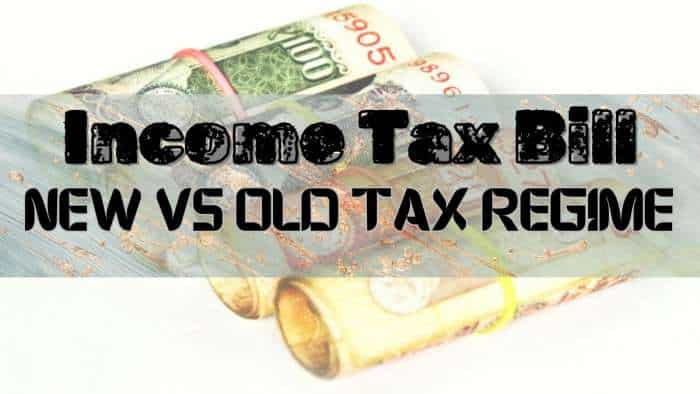
Income Tax Calculations: What will be your tax liability if your salary is Rs 8 lakh, Rs 14 lakh, Rs 20 lakh, and Rs 26 lakh?
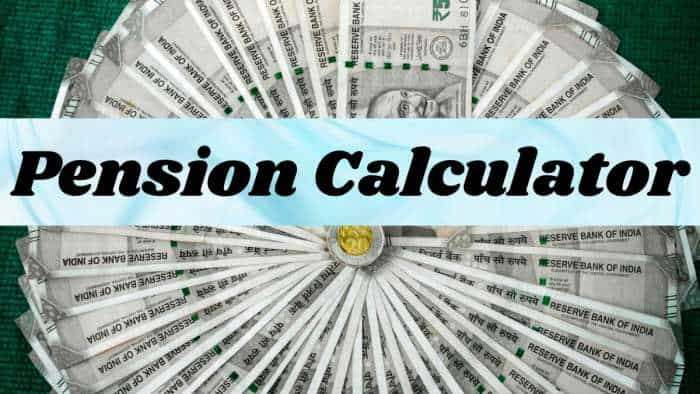
Monthly Pension Calculations: Is your basic pension Rs 25,000, Rs 35,000, or Rs 50,000? Know what can be your total pension as per latest DR rates
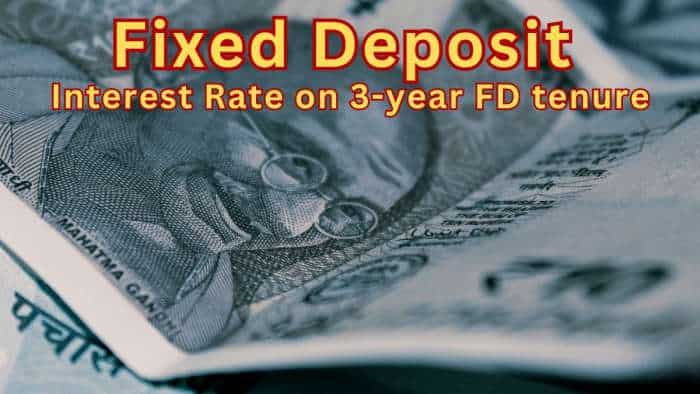
Fixed Deposit Rates for 1 Lakh Investment: Compare SBI, PNB, HDFC, ICICI, and Post Office 3-year FD returns
03:09 PM IST






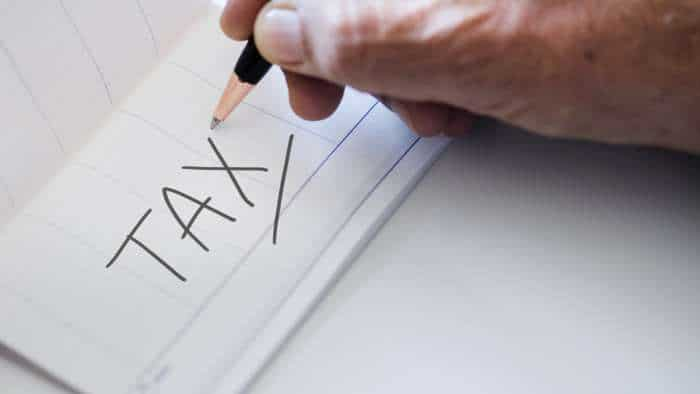


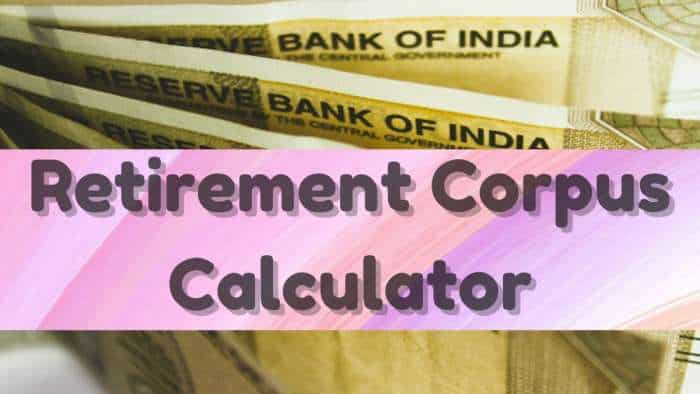
 ITC shares fall and then recover after government hikes cigarette taxes — do investors need to panic?
ITC shares fall and then recover after government hikes cigarette taxes — do investors need to panic? Council approves State, Union Territory GST laws: Arun Jaitley
Council approves State, Union Territory GST laws: Arun Jaitley